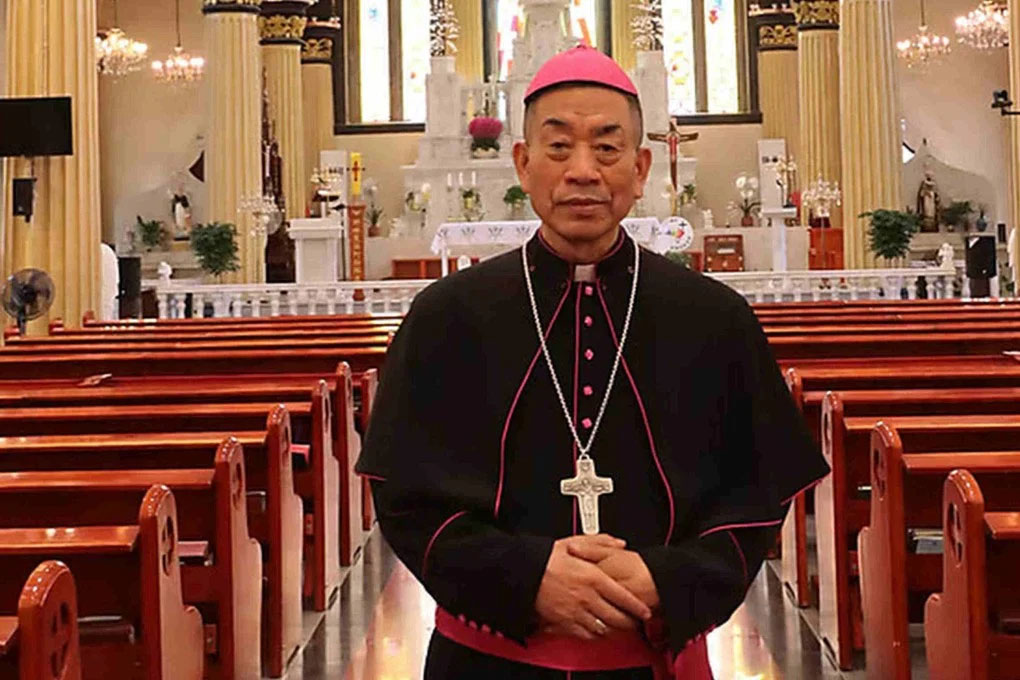Photo Credit: Getty Images
Pope Leo XIV has made a defining move in Vatican-China relations by appointing Joseph Lin Yuntuan as Fuzhou's Auxiliary Bishop. This marks the first Chinese bishop appointed under his papacy, reaffirming the fragile but ongoing cooperation set forth in the controversial 2018 accord originally crafted under the late Pope Francis.
The landmark agreement, which remains shrouded in secrecy, allows for a unique collaboration in bishop appointments between the Holy See and the Chinese government. While China has long asserted its authority over church appointments, the Vatican's insistence on papal supremacy remains a fundamental tenet. With this new appointment, both sides seem to signal an enduring commitment to diplomatic reconciliation.
The Vatican praised the event, calling it a significant milestone in fostering communion and dialogue. Bishop Yuntuan's ministry has now received official recognition under Chinese law—a rare convergence of ecclesiastical and political validation. Chinese Foreign Ministry spokesperson Lin Jian responded positively, stating that the appointment reflects the smooth implementation of the agreement and a shared desire for improved ties.
Observers note that Pope Leo XIV's move could pave the way for more mutual understanding. Michel Chambon, an Asia Research Institute scholar, emphasized the Pope's preference for reconciliation over confrontation. He sees the appointment as a deliberate continuation of his predecessor's vision, which included recognizing bishops selected under China's authority.
China's Catholic community, estimated at around 10 million, has long faced a stark division. Worshippers must choose between state-sanctioned churches aligned with Beijing or underground congregations loyal to the Vatican. This latest development offers hope that those lines may eventually blur, providing greater unity for Chinese Catholics.
Diplomatic ties between China and the Vatican were severed in 1951, during Mao Zedong's regime, when religious institutions faced severe crackdowns. Only in the 1980s did Catholicism resurface from the shadows. Today, the cautious but deliberate steps by both sides indicate a growing willingness to build bridges rather than walls.
Pope Leo XIV's approach appears measured and strategic. By recognizing Yuntuan, he not only validates China's role but also subtly reinforces the Vatican's enduring spiritual authority. This appointment may represent a fragile harmony, but it is a noteworthy step on the long road to full diplomatic reconciliation.


